Unveiling the Shadows: The Hidden HistoryBehind HR Practices (And What to Do About It)
Yuba City, California — In a revealing interview, Jake Hurley, the Associate Vice Chancellor of the Office of People and Culture at Yuba Community College District, shed light on the often-overlooked roots of human resources (HR) practices and how to address them. Hurley’s insights unveil a troubling history and underscore a pressing need for transformative change in the field.
The Dark Origins of HR
“Human resources professionals can either maintain or actively work against discriminatory and oppressive systems; there is no middle ground,” Hurley stated, referencing the District's ‘Three Year Plan for Dignity, Equity, Community, and Sustainability.’ “By doing nothing, we are blindly perpetuating the very systems that have historically formed the foundation of HR work.”
This history underscores the critical responsibilities that HR professionals bear. “HR is in the business of doling out resources and justice," he said. "HR plays a crucial role in organizational justice, including distributive, procedural, and informational justice. Our work must ensure fairness in resource distribution, decision-making processes, and communication. We must transform these systems to promote equity and inclusion.”
What We Should Be Doing (And Are Not)
Hurley argued that effective training programs must delve into the historical and systemic roots of discrimination. "By educating HR professionals about the legacy of slavery and worker commodification, we can foster a culture of empathy and passion, transforming HR from enforcement to advocacy and support. We must systematically, as part of regular training, be teachers of history, examining actual historical events," he insisted.
Recognizing this history is just the first step, Hurley stressed the importance of immersing staff in the communities they serve and hearing firsthand accounts from marginalized groups. "When HR professionals hear firsthand accounts from people of color, women, and other marginalized communities, and share their own, the impact is far greater than any policy directive. This narrative approach builds transformational empathy."
HR must also be embedded in the communities it serves. “We have to listen to those we serve,” he said. "There is a temptation to think that HR is an expert in EEO or DEI. We are not. Our communities know why we can’t hire people, why we can’t retain people, they know our reputation, and they see our strengths and weaknesses – and there is no personal consequences to sharing that information. We have valuable perspectives, but our posture is primarily that of service, leveraging our influence in the organization to bring light to marginalized perspectives – this is why we are so honored to be part of the Connecting Cultures Collaborative."
The Importance of Empathy
Hurley emphasized the need for transformative training to shift from a mandate-based approach to one that embeds empathy and understanding into HR practices. "This is, first and foremost, a moral imperative, not just a compliance activity," he stated passionately. "Training must go beyond surface-level directives like 'don't discriminate' and instead immerse staff in the communities they serve."
Hurley also stressed that we all experience spheres of marginalization. "While not all marginalization is equal, we must not discount anyone’s individual experiences," he explained. "By connecting through shared experiences of marginalization, we create fertile ground for empathy, which must form the foundation of any social justice movement. In this way, we are all fighting the same fight: for the dignity and nobility of the human spirit."
A Call to Action
Hurley emphasizes that while many Diversity, Equity, and Inclusion (DEI) discussions conclude that "there is much work to do in this space," this acknowledgment is merely the starting point. "We must literally be teachers of history," he insists. “Where else are HR professionals going to get this information?”
Knowledge is not enough. HR professionals then need to be accountable to applying this information to day-to-day, seemingly innocuous decisions. “This is how we ‘do the work’ in this space, how the rubber meets the road.” By integrating historical context into practical HR applications, professionals can ensure their decisions are informed by a deeper understanding of justice and equity. This approach not only enhances decision-making but also fosters a more inclusive and supportive work environment for all.
Hurley’s words resonate with the District’s Board Policy 1300, which emphasizes the District’s commitment to "promoting social justice and equity" and recognizing that discrimination and prejudices lead to systemic privileges for some and disadvantages for others.
You may access the District’s Three-Year Plan for Dignity, Equity, Community, and Sustainability here
